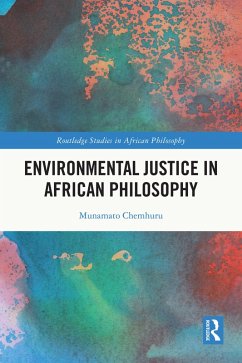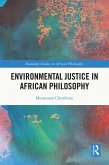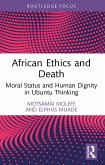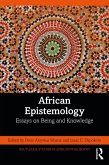Drawing on African social and ethical conceptions of existence, the book makes suggestions for how to derive environmental justice from African philosophies such as communitarian ethics, relational ethics, unhu/ubuntu ethics, ecofeminist ethics and intergenerational ethics. Specifically, the book emphasises the ways in which African philosophies of existence seek to involve everyone in environmental policy and planning and to equitably distribute both environmental benefits (such as natural resources) and environmental burdens (such as pollution and the location of mining, industrial or dumping sites). This extends to fair distribution between global South and global North, rich and poor, urban and rural populations, men and women and adults and children. These principles of humaneness, relationships, equality, interconnectedness and teleologically oriented existence among all beings are important not only to African environmental justice but also to the environmental justice movement globally.
The book will interest researchers and students working in the fields of environmental ethics, African philosophy and political philosophy in general.
Dieser Download kann aus rechtlichen Gründen nur mit Rechnungsadresse in A, B, BG, CY, CZ, D, DK, EW, E, FIN, F, GR, HR, H, IRL, I, LT, L, LR, M, NL, PL, P, R, S, SLO, SK ausgeliefert werden.
Robin Attfield, Professor Emeritus of Philosophy at Cardiff University, Wales, UK.
"Here comes a resourceful publication on environmental justice with convincing arguments and illustrations on why and how everyone is a stakeholder in the project and must be involved in achieving environmental justice for mankind. It deserves global attention."
Lawrence Ogbo Ugwuanyi, Professor of Philosophy, University of Abuja, Nigeria.









